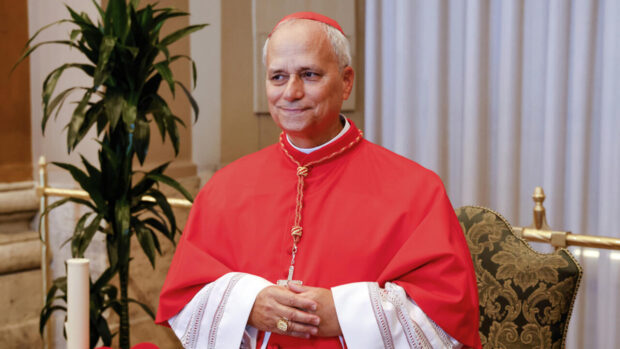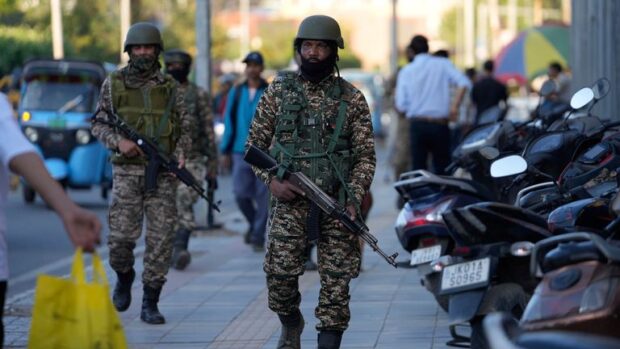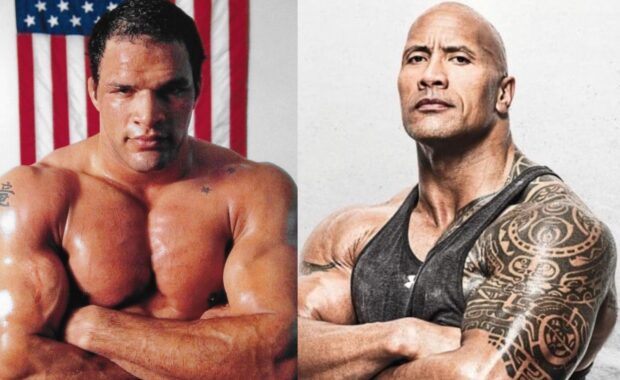
In a significant diplomatic move, Australia has broken ranks with its close allies the United States and Israel by voting in favor of a United Nations resolution that recognizes the “permanent sovereignty” of the Palestinian people over the occupied territories of the Gaza Strip and the West Bank, including East Jerusalem.
On Thursday, Australia joined 154 other countries, including the United Kingdom, New Zealand, and France, in backing the draft resolution. The motion reaffirms Palestinian sovereignty over their natural resources in the occupied territories.
Australia also supported a second resolution that condemned Israel for an oil spill incident off the coast of Lebanon in 2006 and called on Israel to compensate Lebanon and other affected countries.
A spokesperson for Foreign Minister Penny Wong said that while Australia did not agree with everything in the resolutions, the votes reflect “international concern about Israeli actions that impede access to natural resources, and ongoing settlement activity, land dispossession, demolitions and settler violence against Palestinians.”
The spokesperson added that such actions “undermine stability and prospects for a two-state solution,” which Australia remains committed to supporting.
The move represents a departure from Australia’s traditionally staunch support for Israel and its alignment with U.S. policies in the Middle East. It comes as the incoming Trump administration in the U.S. is seen as taking an even harder pro-Israel stance, with the appointment of the hawkish Fox News host Pete Hegseth as Secretary of Defense.
Deputy Liberal Leader Sussan Ley criticized the timing of Australia’s shift, arguing that it could further strain the country’s relationship with its key ally, the United States, at a delicate moment. However, Education Minister Jason Clare defended the decision, saying it was about “building momentum to a two-state solution” and ending the cycle of violence in the region.
The Australian government’s support for the UN resolutions underscores its desire to play a more independent role in the Middle East peace process, even if it means diverging from the traditional positions of its closest international partners. As the global debate over the Israeli-Palestinian conflict continues, Australia’s stance could signal a shift in its foreign policy priorities in the region.


















Be the first to leave a comment